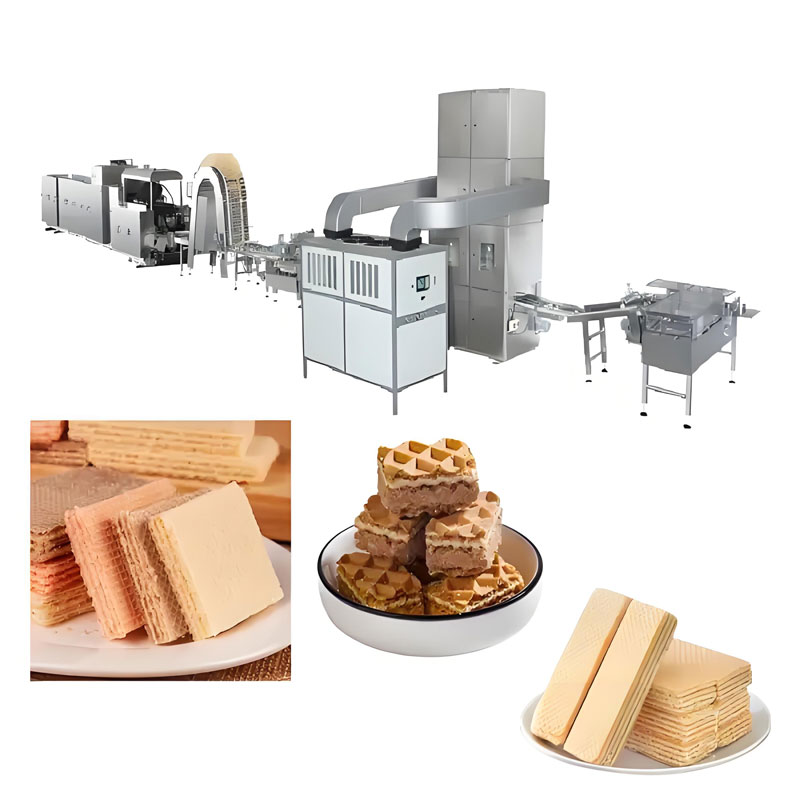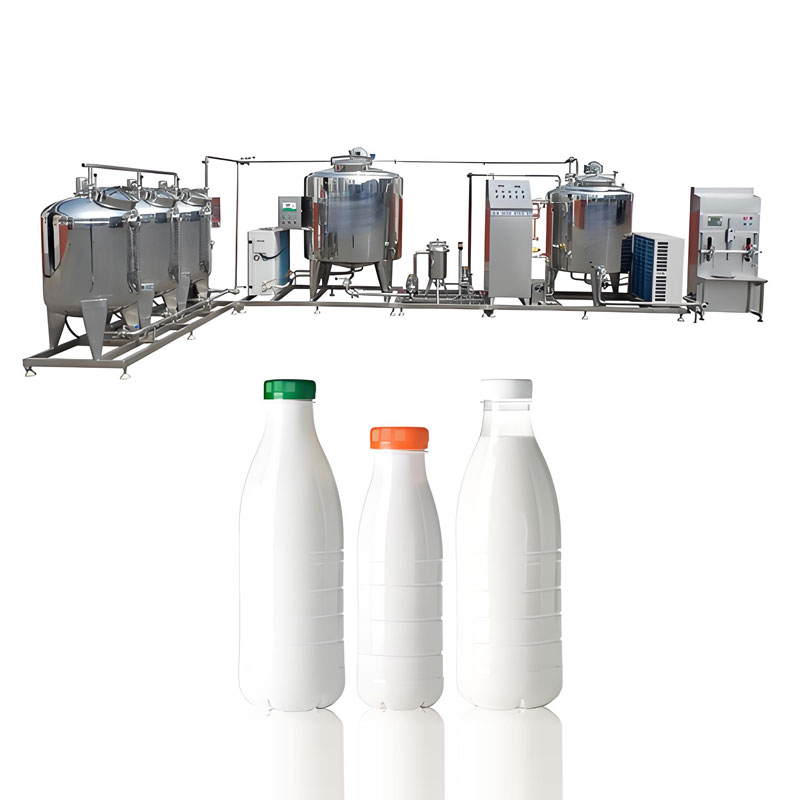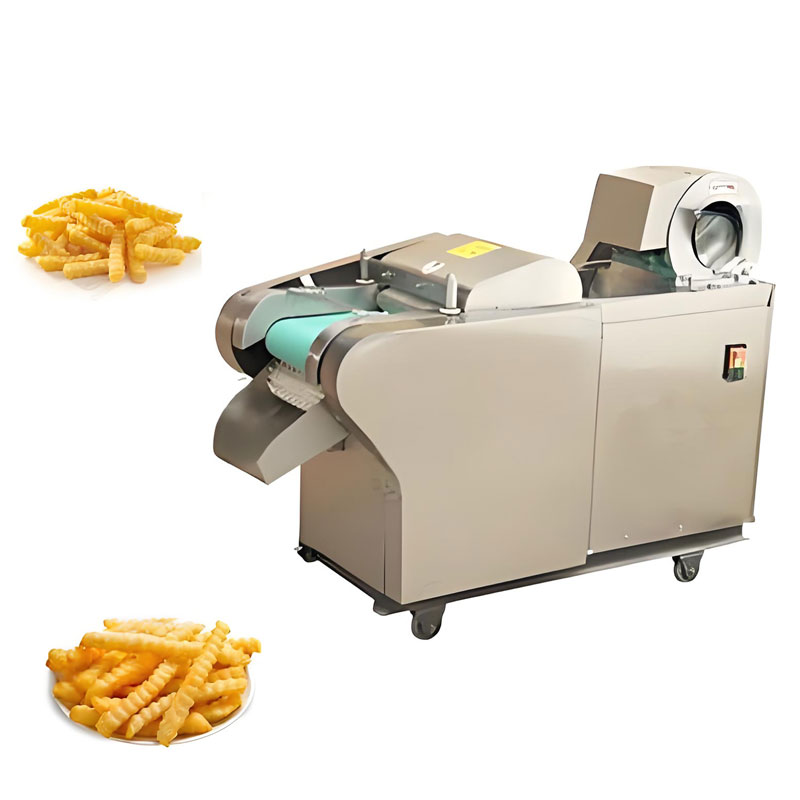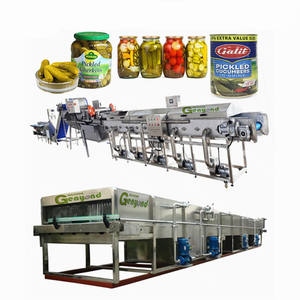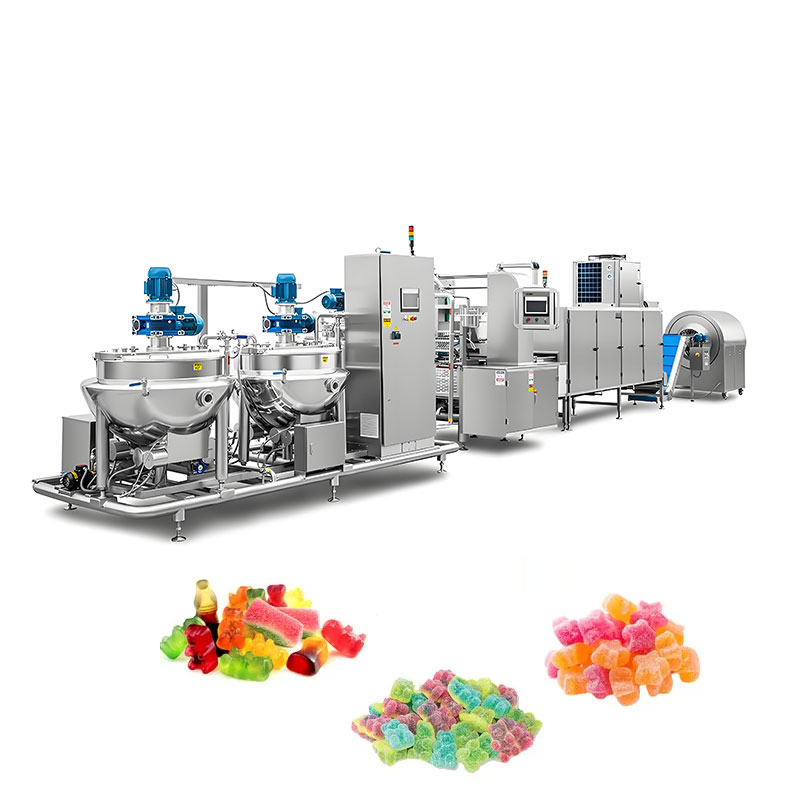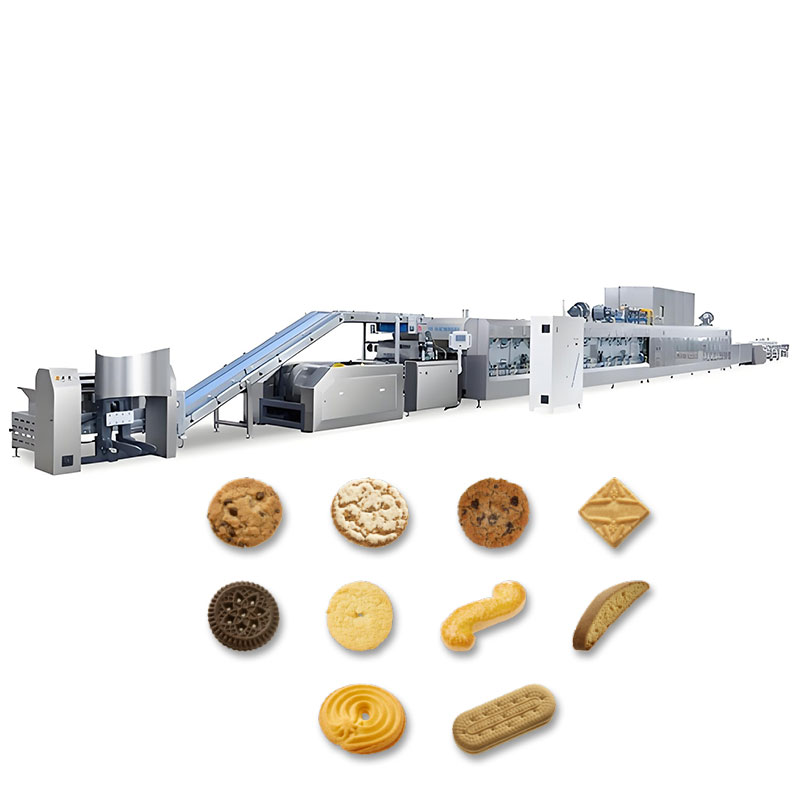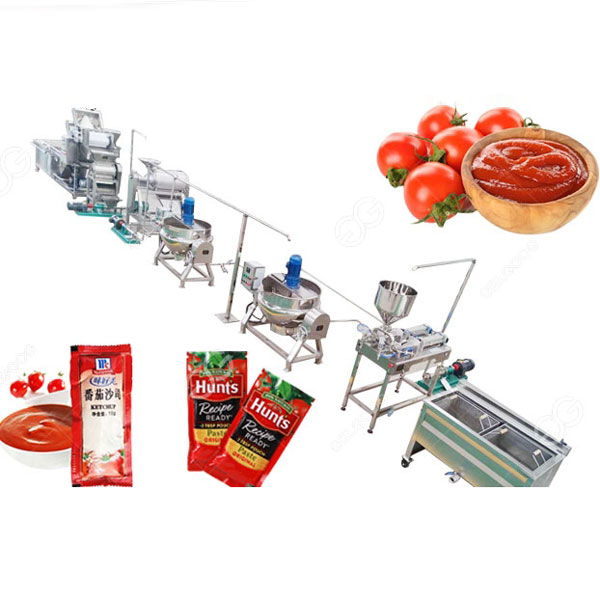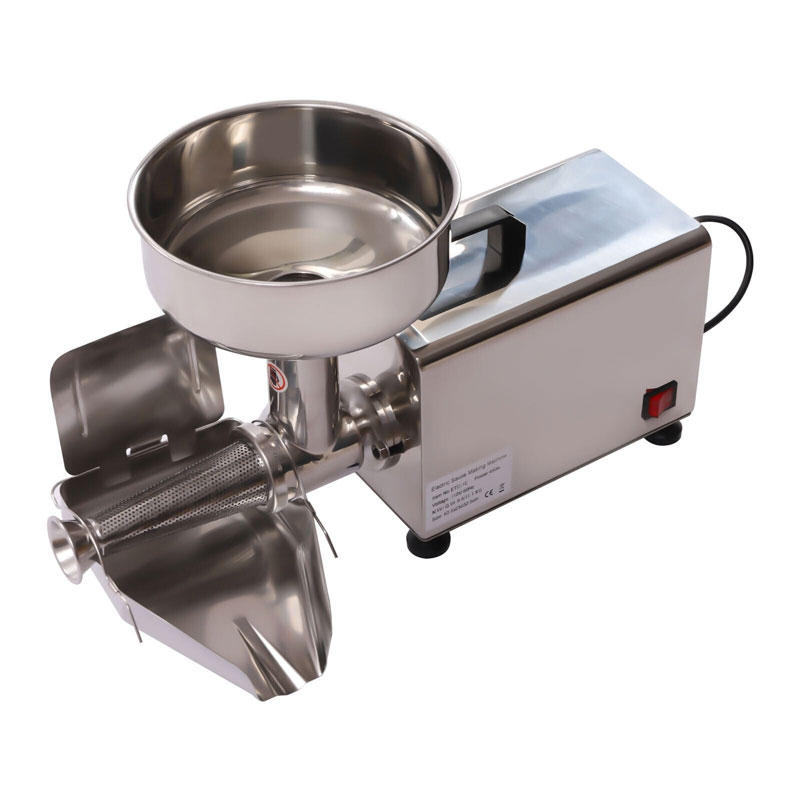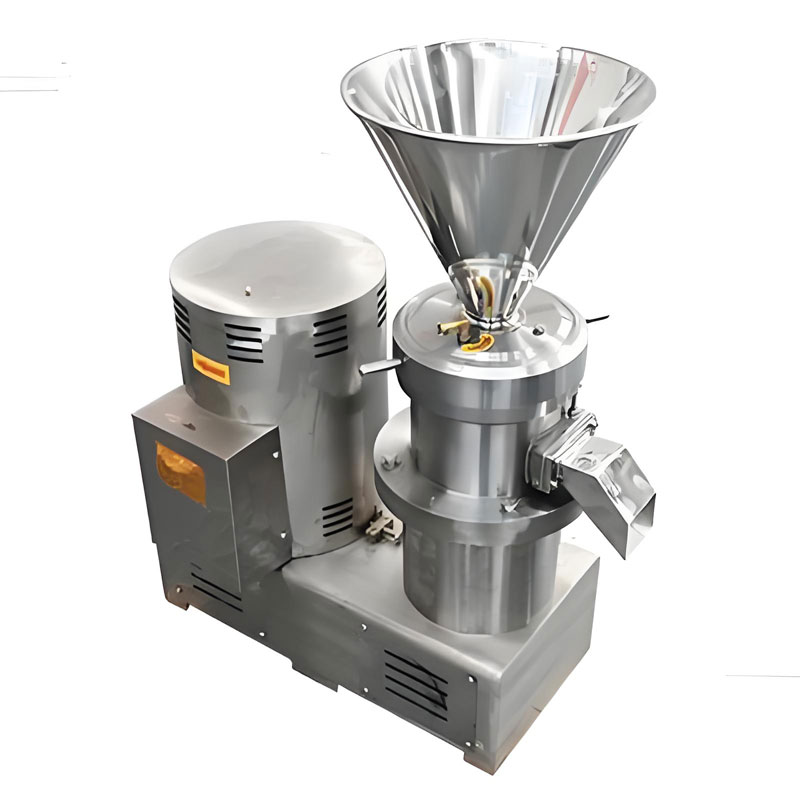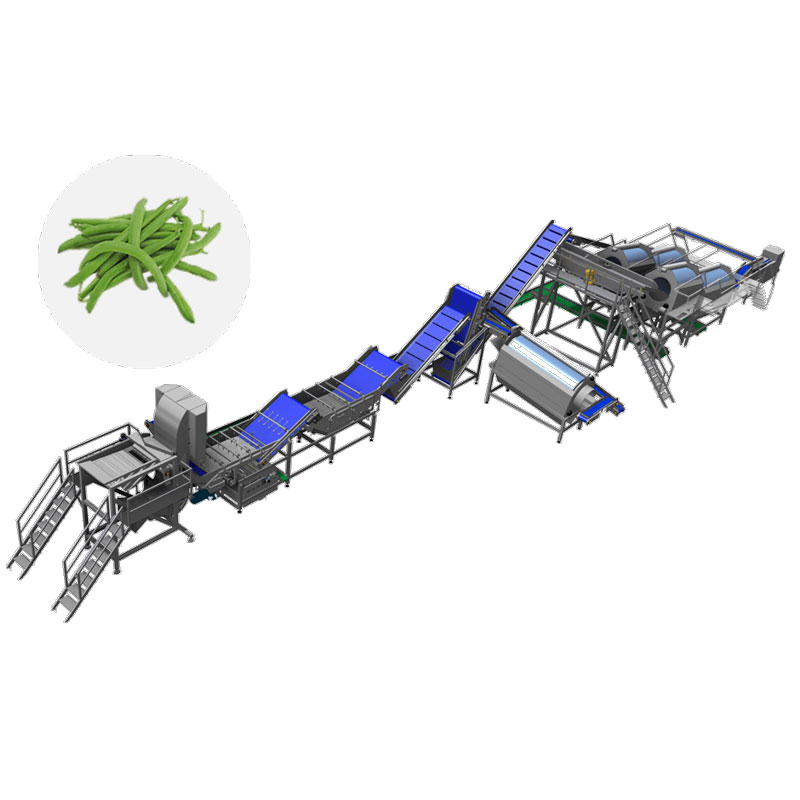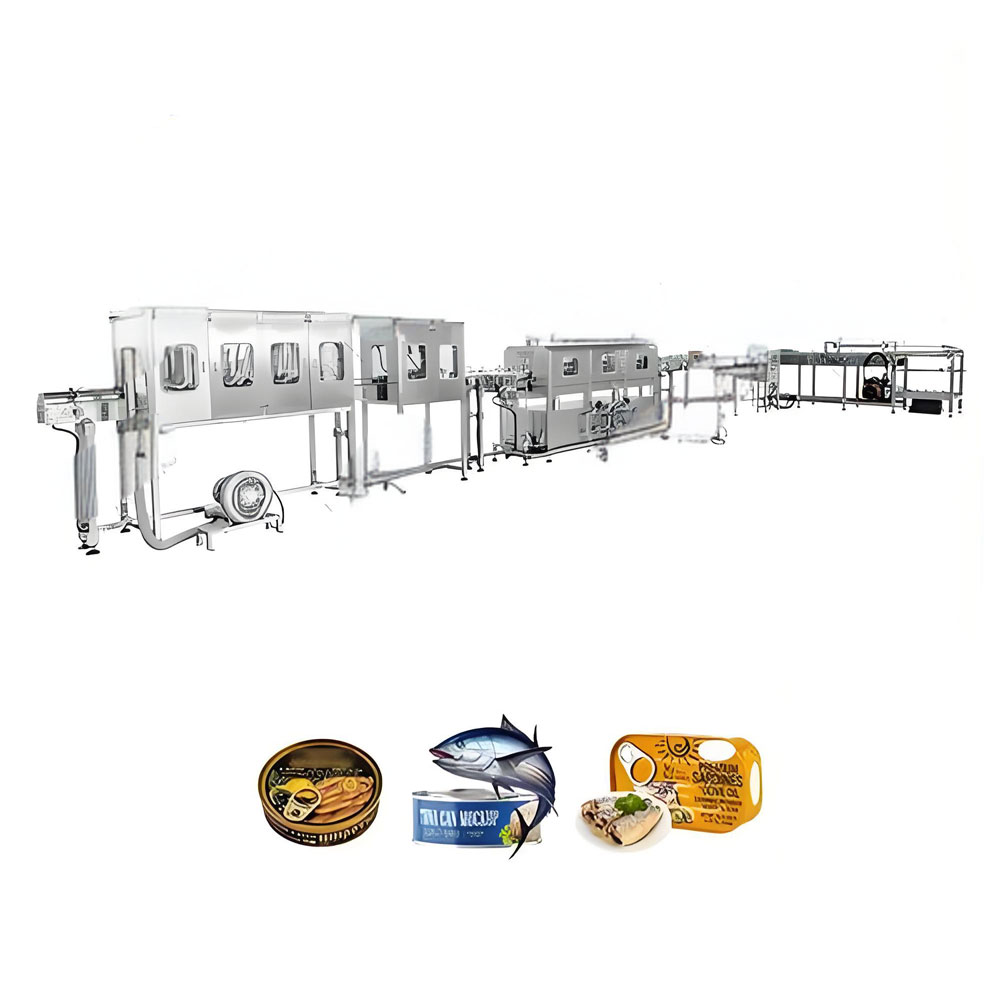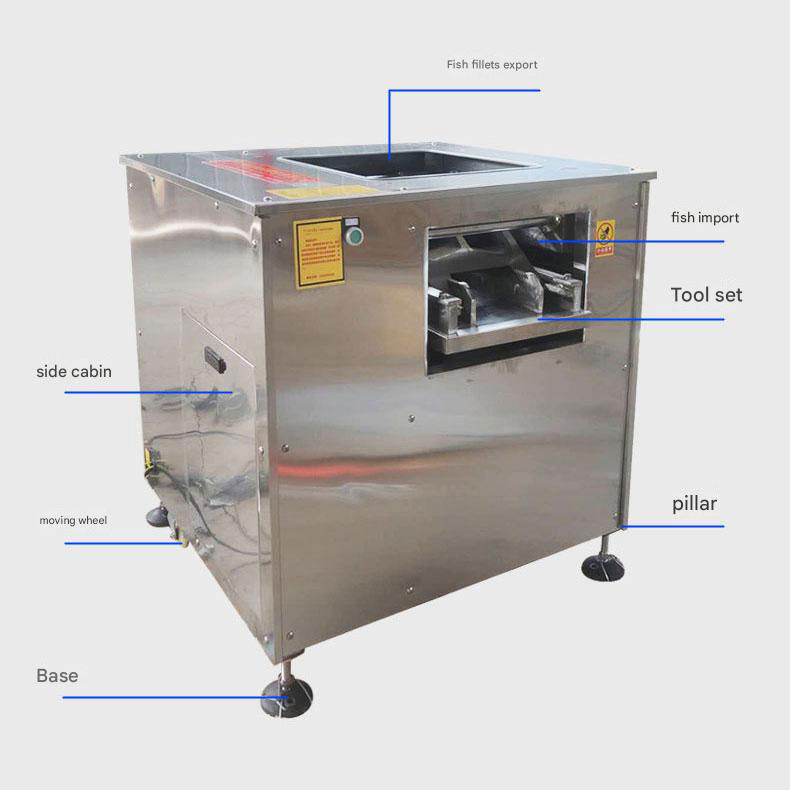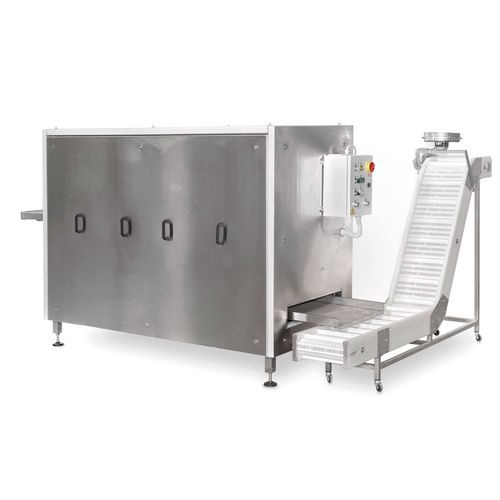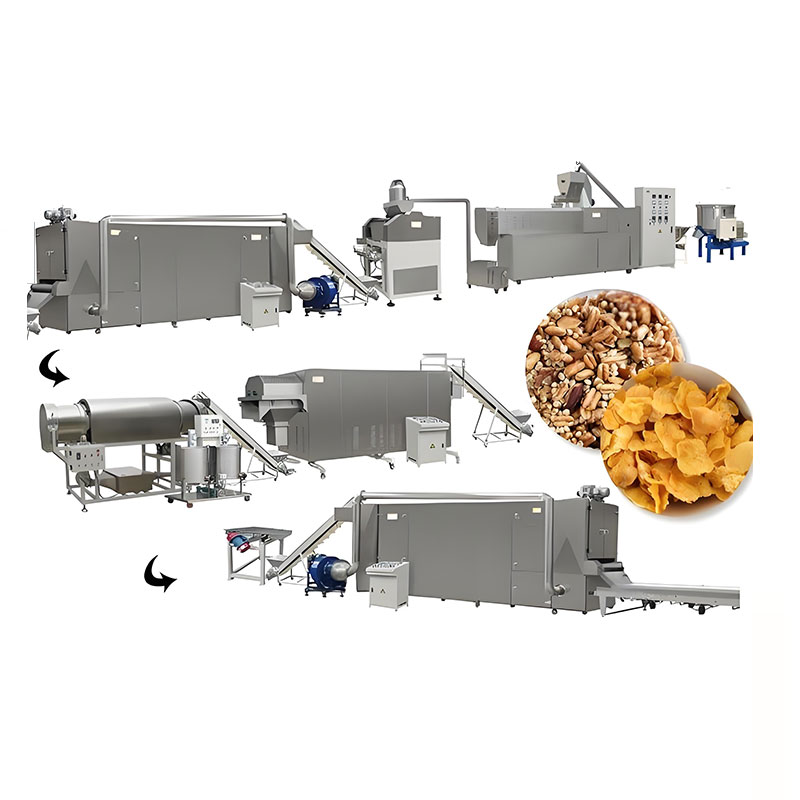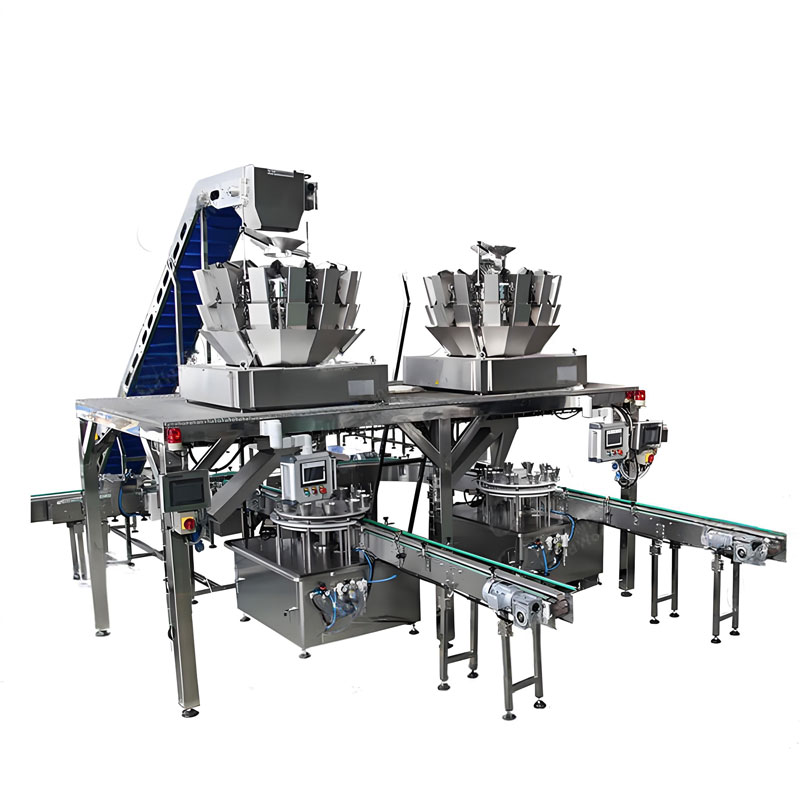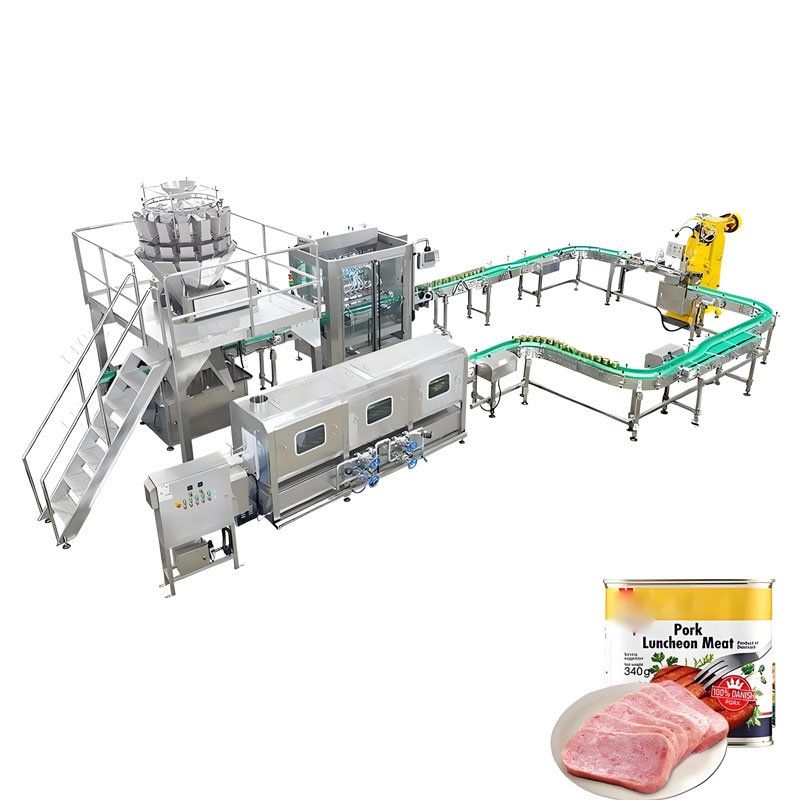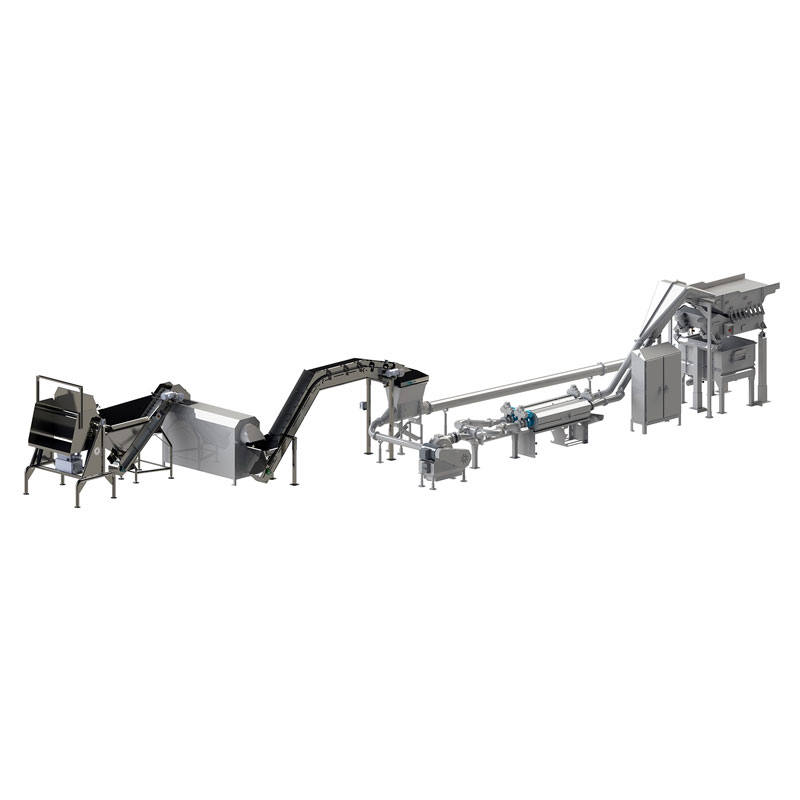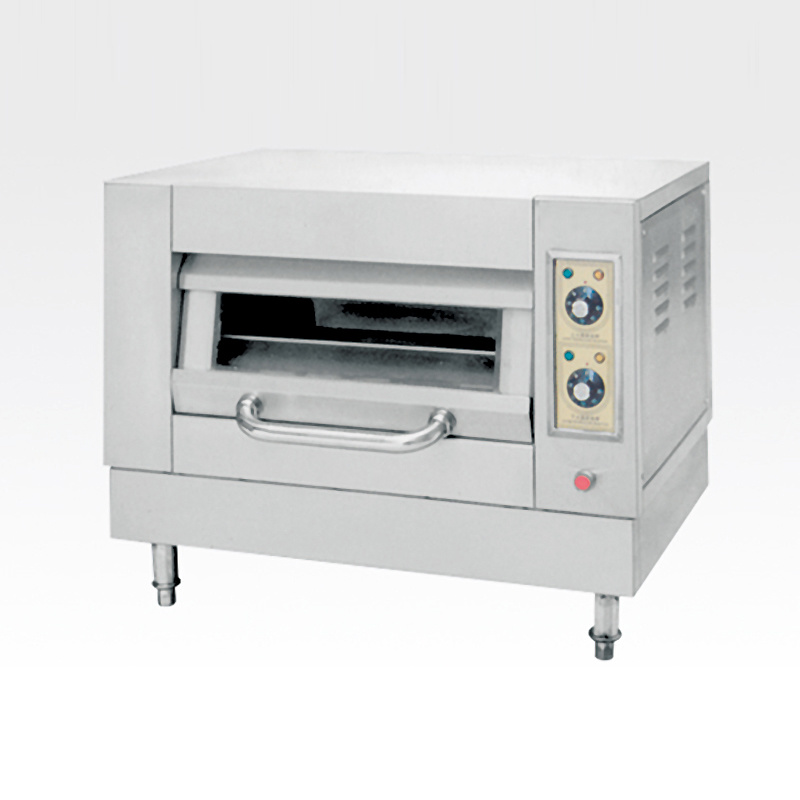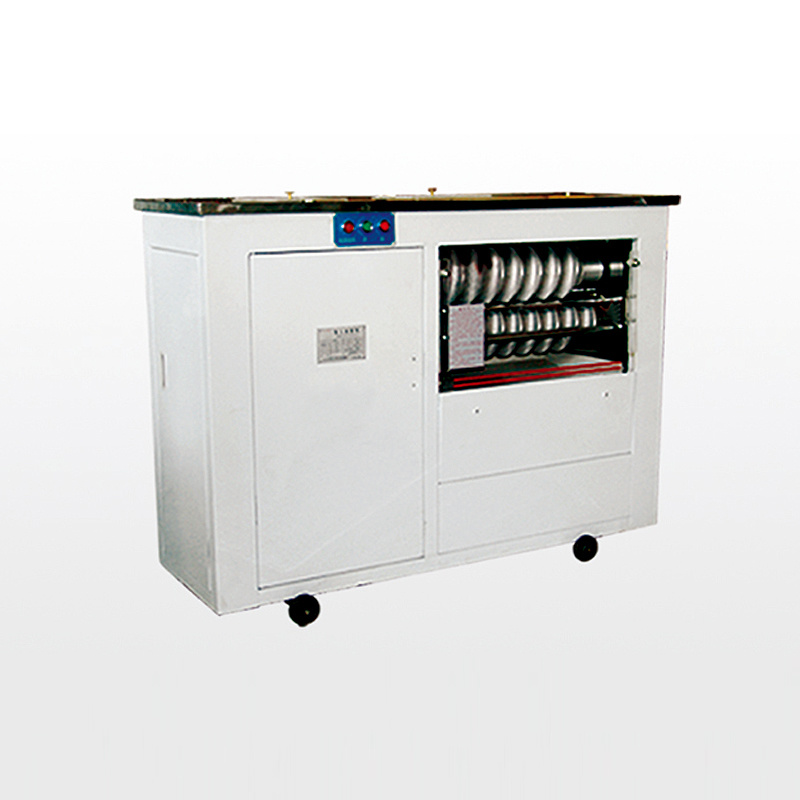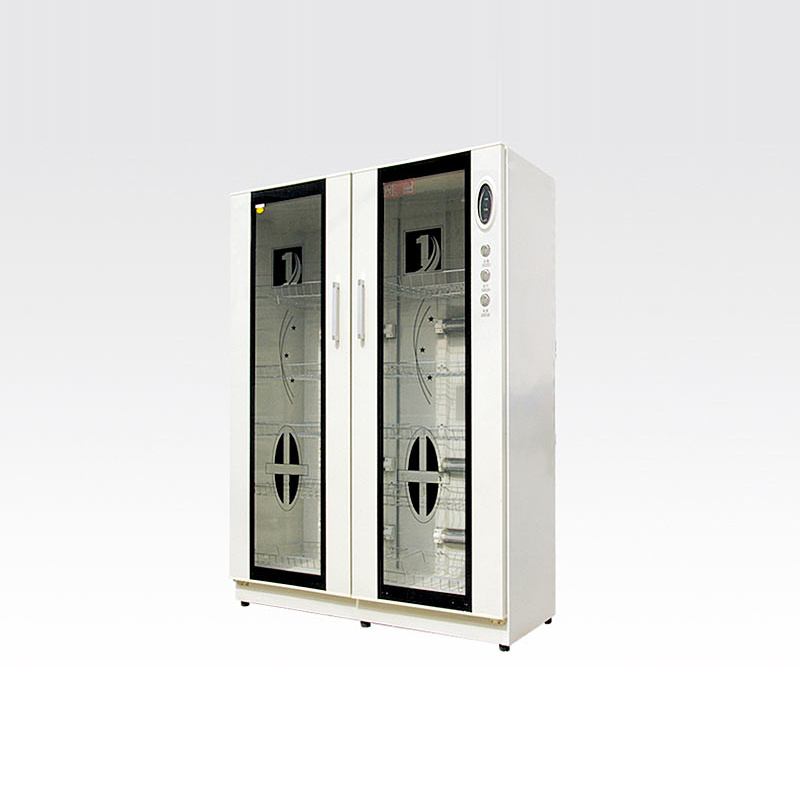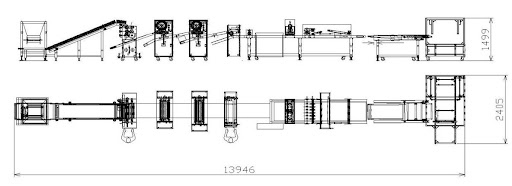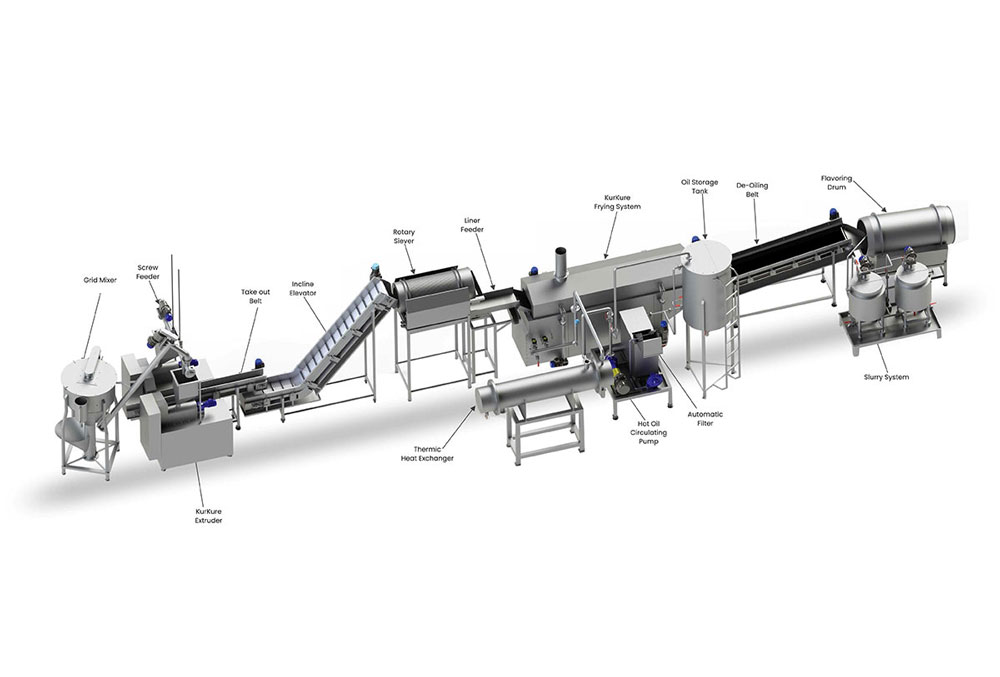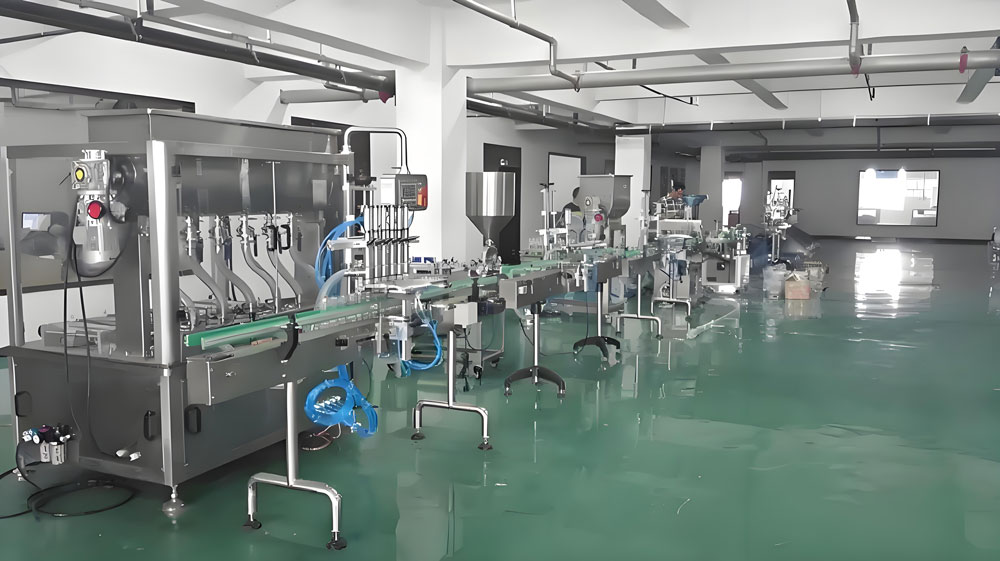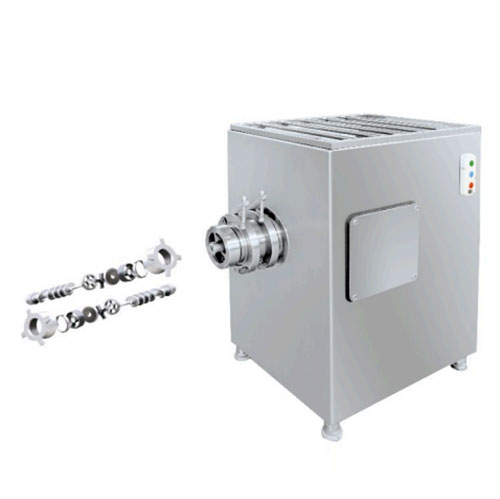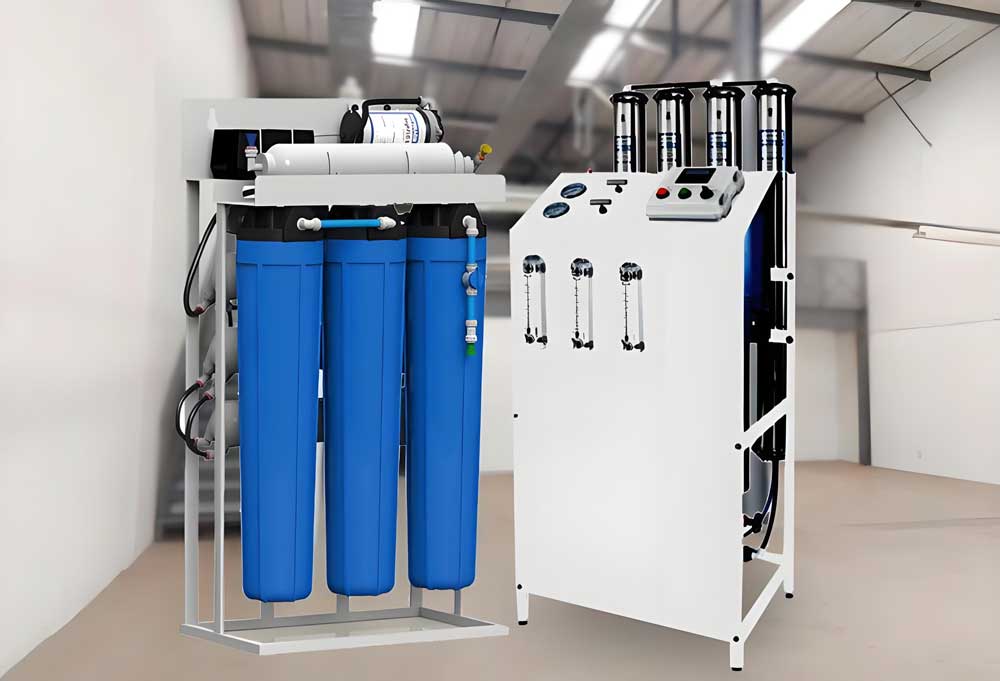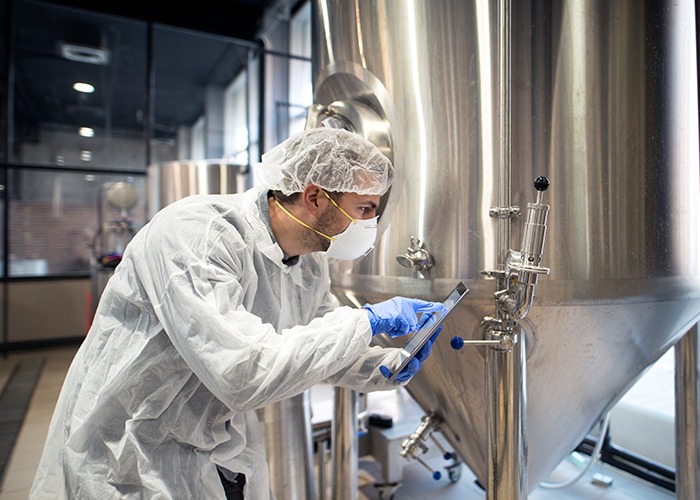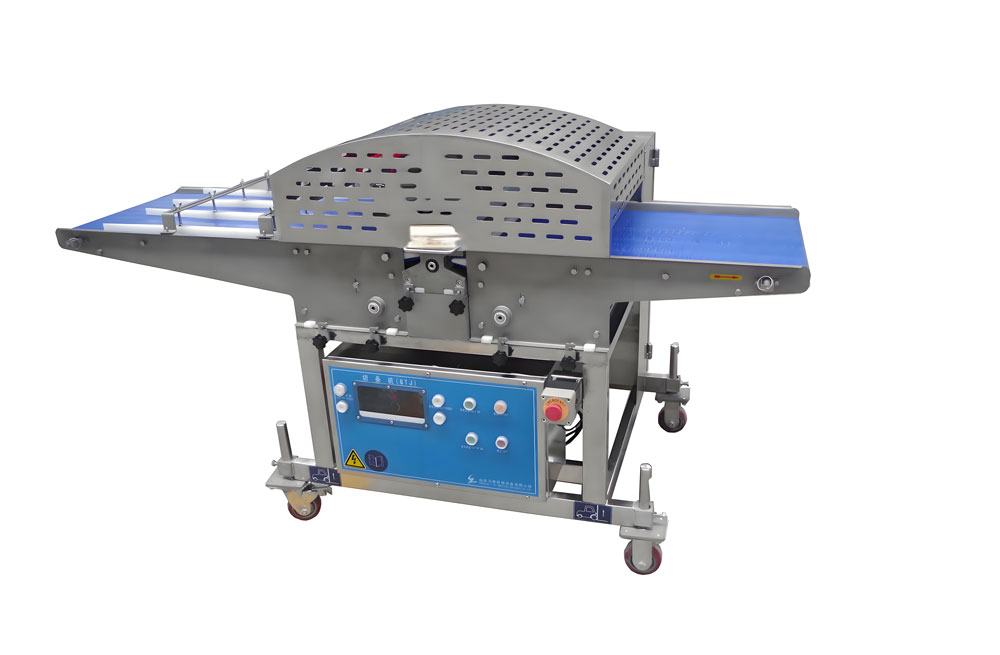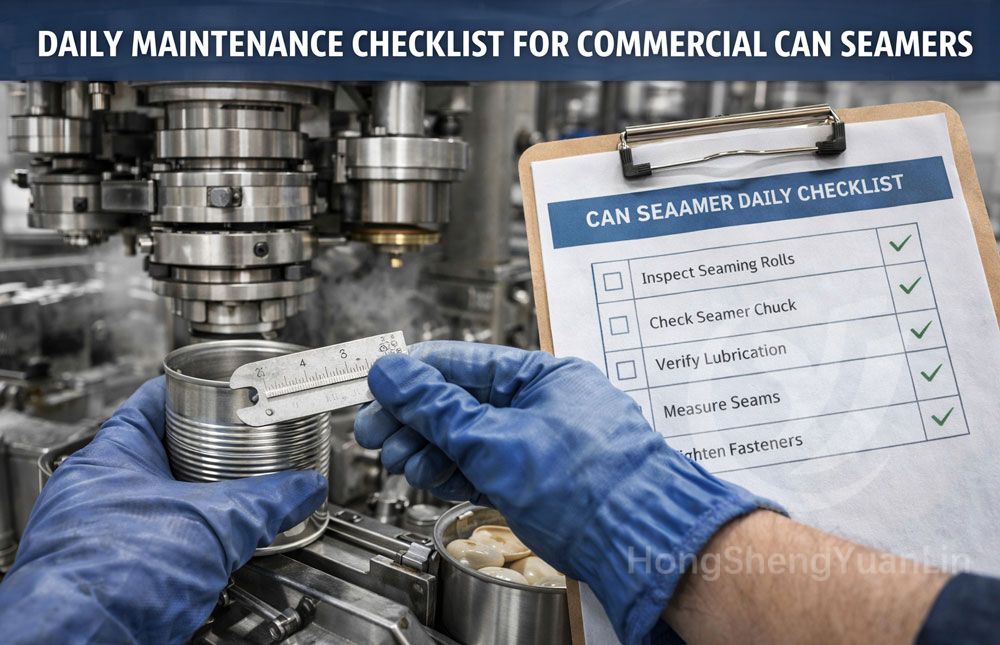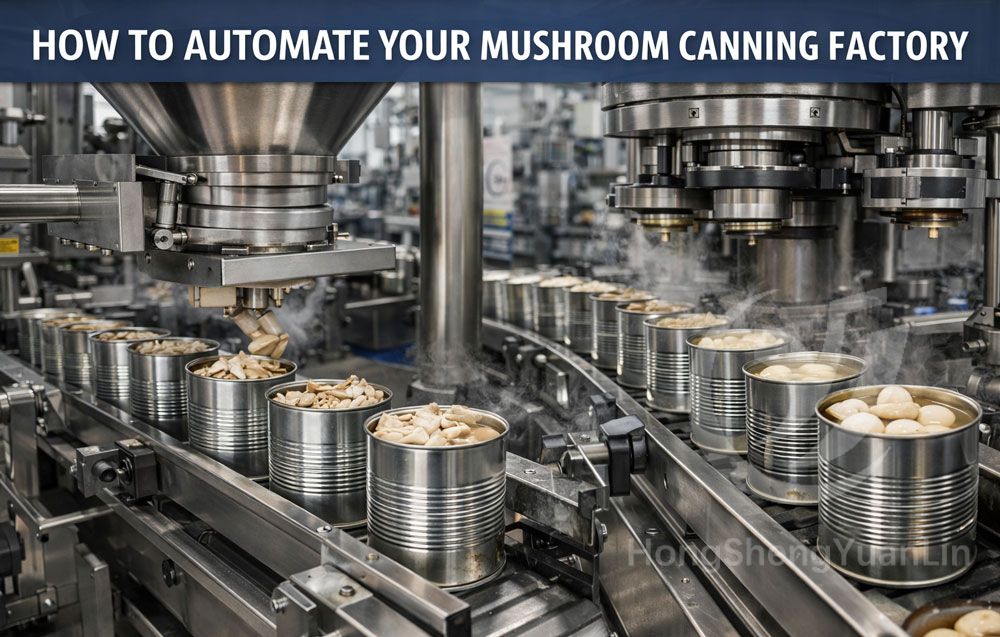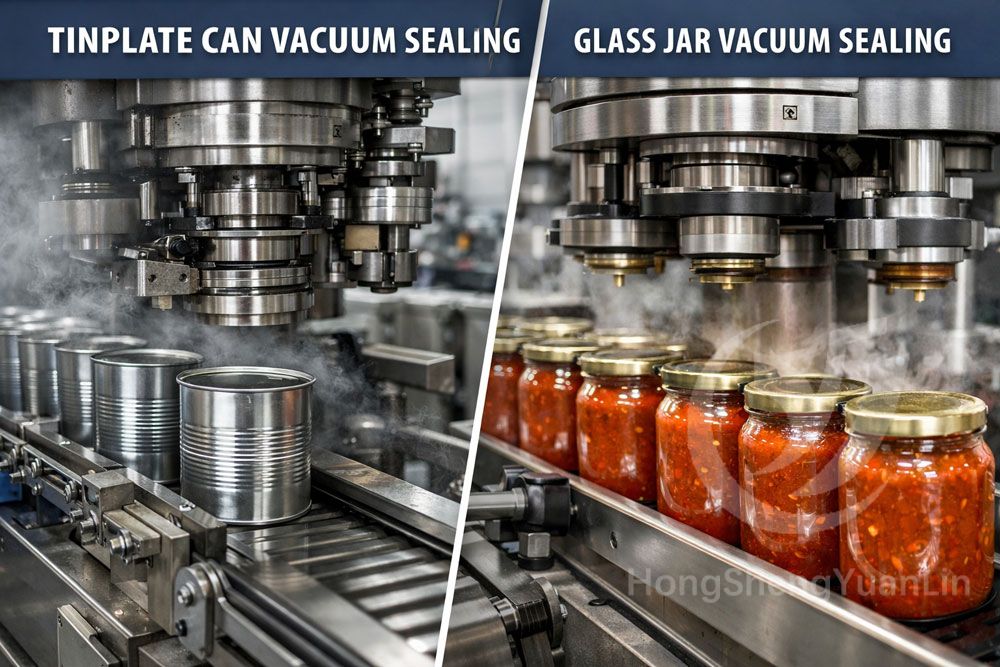Common Pain Points in Food Processing & Smart Solutions
Food Processing Equipment Repair and Maintenance
1. Regular Inspections
Daily Checks: Ensure basic checks are performed before and after each use of the equipment, such as verifying that all parts are functioning properly and looking for visible signs of wear or damage.
Scheduled Maintenance: Follow the equipment manual's recommendations for scheduled maintenance, such as performing a comprehensive check monthly or quarterly.
2. Cleaning
Pre- and Post-Operation: Clean the equipment immediately after each use to prevent food residue buildup, which helps extend the equipment’s lifespan and ensures food safety.
Use Appropriate Lubricants: Ensure the recommended lubricants are used and follow the correct lubrication procedures.
3. Lubrication
Regular Lubrication: Lubricate moving parts according to the equipment manual to reduce wear and maintain efficient operation.
Use Appropriate Lubricants: Ensure the recommended lubricants are used and follow the correct lubrication procedures.
4. Inspect and Replace Worn Parts
Check for Wear: Regularly inspect components such as belts, blades, and seals for wear and tear to ensure they are in good condition.
Timely Replacement: Replace worn or damaged parts promptly to avoid further damage to the equipment.
5. Calibration and Adjustment
Regular Calibration: Ensure the equipment maintains accuracy throughout its use by performing regular calibrations to ensure optimal performance and product quality.
Adjust Settings: Periodically adjust the equipment settings as needed to ensure it operates at peak efficiency.
6. Operator Training
Operational Training: Provide training for all operators on proper equipment operation and maintenance procedures.
Troubleshooting Training: Equip operators with basic troubleshooting skills to address minor issues promptly.
7. Documentation and Tracking
Maintenance Records: Maintain detailed records of equipment maintenance, including dates and details of inspections, cleaning, lubrication, and part replacements.
Issue Tracking: Document any equipment issues and their resolutions to assist in future diagnostics and repairs.
8. Vendor Collaboration
Professional Support: Contact the equipment supplier or professional repair service providers for assistance with complex maintenance or repair issues.

